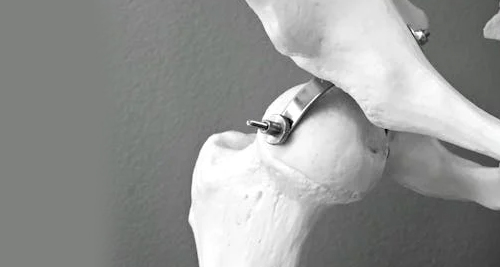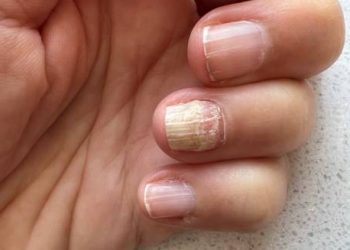Treatment of a Broken Hip
Treatment of a Broken Hip aims to stabilise the fracture, reduce pain, and restore mobility through surgical and non-surgical methods. The appropriate treatment of a broken hip depends on the location and type of fracture, the patient’s age and health, and the likelihood of regaining independence after recovery.
Surgical intervention is the most common and effective treatment. The type of surgery depends on the fracture. Femoral neck fractures may require either internal fixation (metal screws or rods) or hip replacement, depending on how displaced the bone is and the patient’s age. Doctors usually repair intertrochanteric fractures with metal plates or intramedullary nails to stabilize the bone and allow early movement.
Doctors often prefer hip replacement for elderly patients with displaced fractures because it supports quicker recovery and lowers the risk of nonunion. Younger, healthier patients may benefit from fixation that preserves the natural joint.
Open fractures or those with vascular involvement require emergency surgery to clean the wound, stabilise the joint, and manage any bleeding or soft tissue damage. Antibiotics are typically administered, and blood transfusions may be needed in complex cases.
Non-surgical treatment is rare and usually reserved for patients who are too frail for surgery. It involves pain control, bed rest, and physical therapy. However, non-operative care carries a higher risk of complications such as bedsores, lung infections, and muscle wasting.
Treatment of a Broken Hip
After surgery, rehabilitation begins almost immediately. Physiotherapy helps restore mobility, balance, and muscle strength. Occupational therapy assists with adapting daily activities. Most patients require walking aids like crutches or walkers during the early stages.
In South Africa, rehabilitation services may differ depending on access to private or public facilities. However, the core focus remains the same: enabling safe movement, preventing complications, and promoting independence.
Effective treatment of a broken hip depends on the speed of intervention and the quality of rehabilitation. With proper care, many patients regain their pre-injury mobility or even improve their strength and confidence with consistent support.
[Next: Complications and Recovery from a Broken Hip →]


